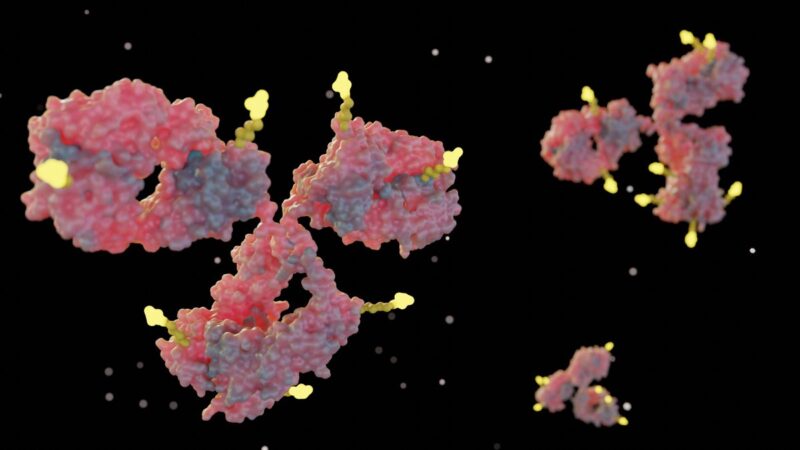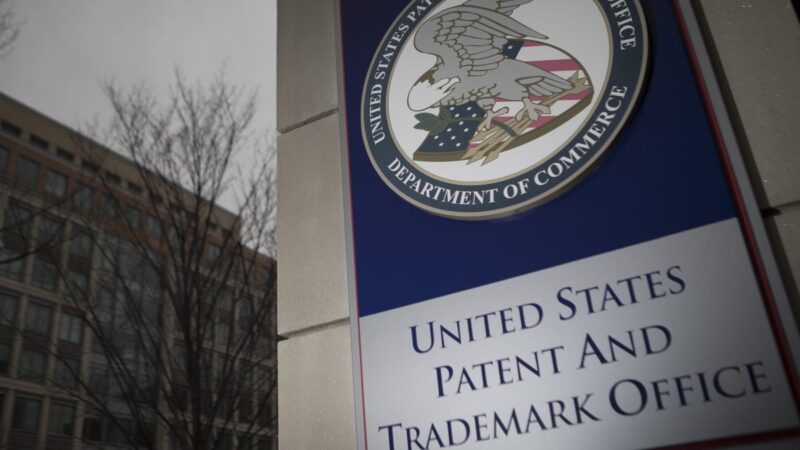Gregor Langus

Gregor Langus is the founder of CompetitionSphere, a competition policy group based in Brussels. He is recognized as a leading expert in competition policy by 2021 Who’s Who Legal – a publication by Law Business Research Limited. Recently, Gregor has been focusing on the economic analysis of innovation, digital markets, and intellectual property.
Gregor has advised clients and submitted written testimony in many antitrust investigations, damage disputes, and merger reviews in multiple jurisdictions, involving the European Commission, the U.S. authorities, and the competition authorities of several European Union member states. Gregor is also the lead author of a series of studies on policy in relation to copyright and regulation of telecommunications for the EC.
He holds a doctorate in Economics from the European University Institute and has published on competition policy and economics in journals such as the Journal of Industrial Economics, International Journal of Industrial Organization, Economics Letters, the Journal of Competition Law and Economics, and Concurrences.
Before founding CompetitionSphere, Gregor was a Director at E.CA and prior to that a senior vice president with Compass Lexecon. He has also served in the Chief Economist’s Team (CET) in DG Competition at the European Commission. He has previous consultancy experience and was also a post-doctoral researcher and a lecturer in Microeconomics at the Tilburg University School of Economics.


Explainer: Standard Essential Patents and National Security
